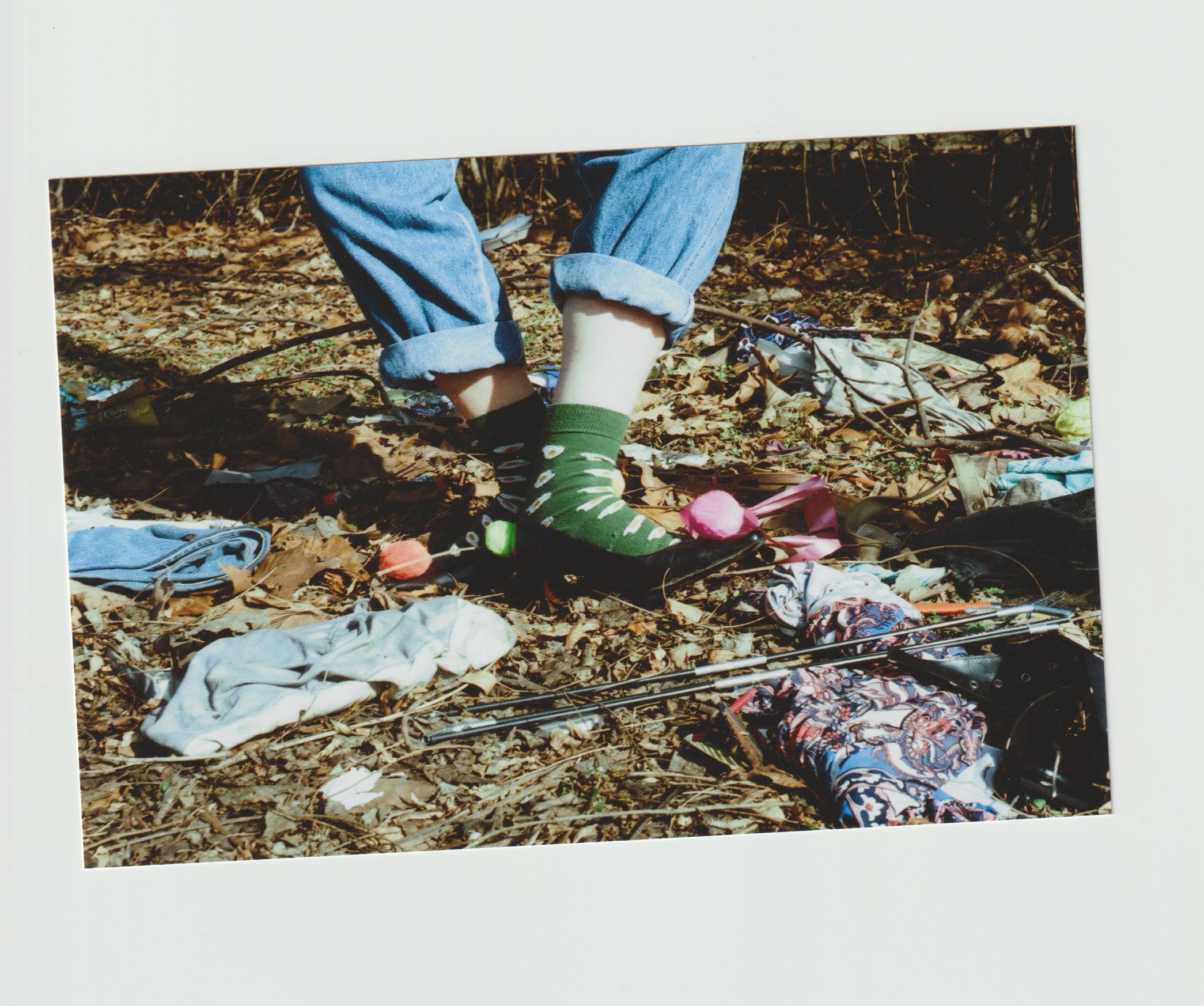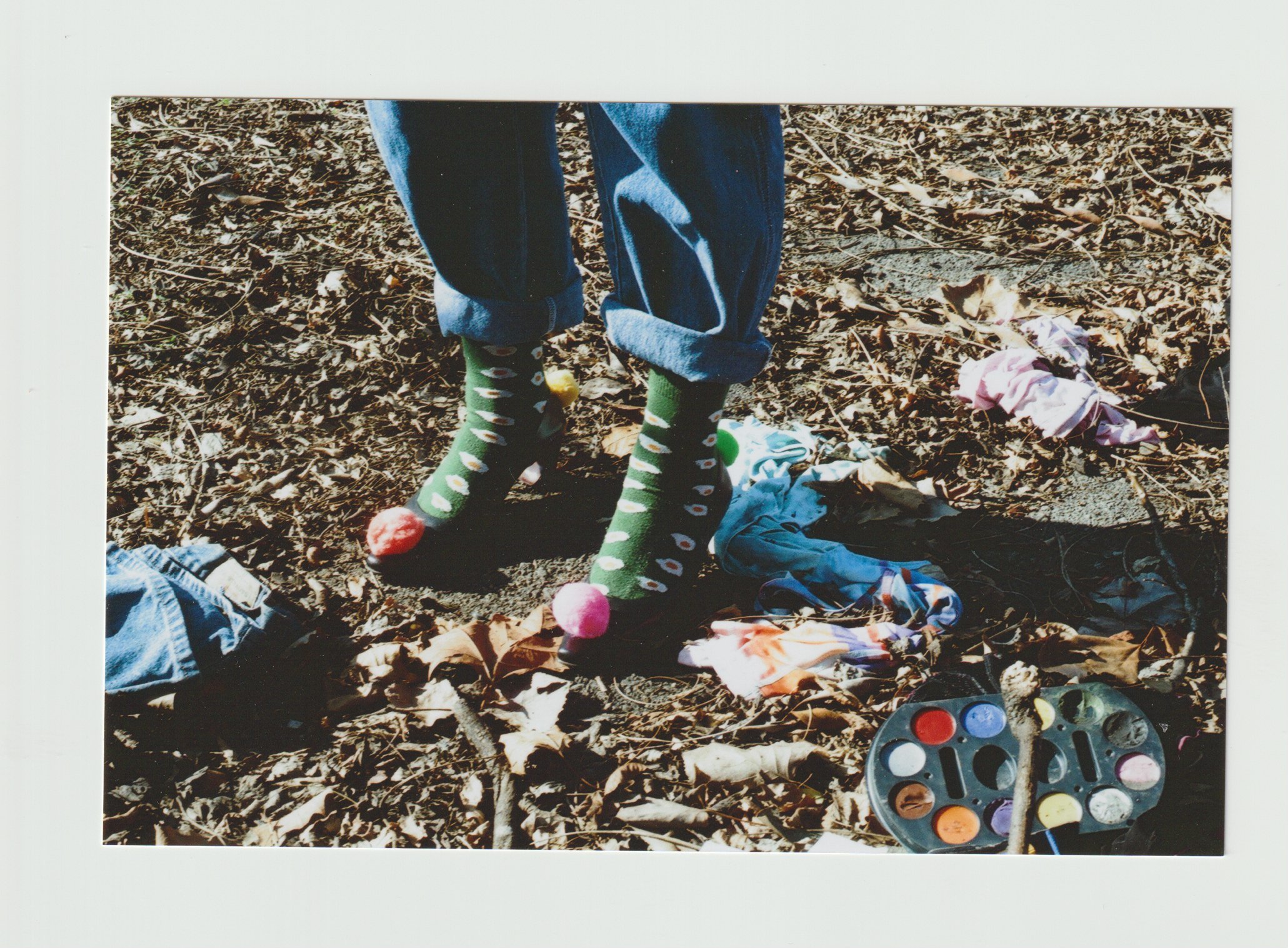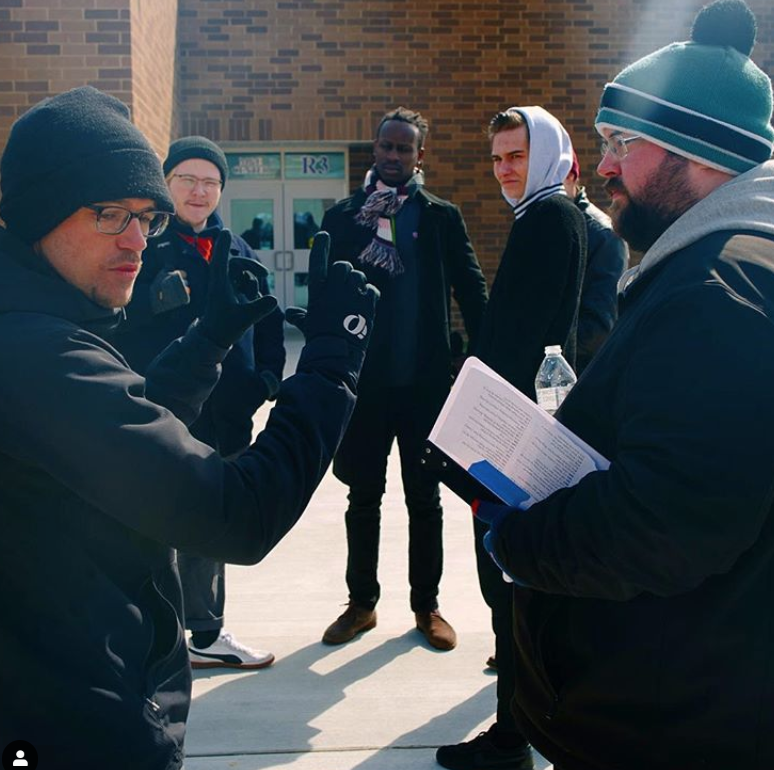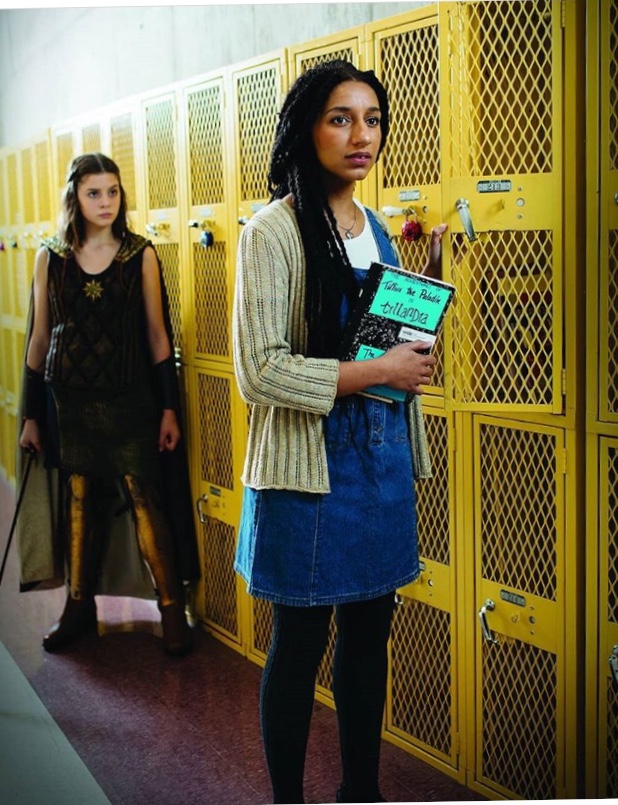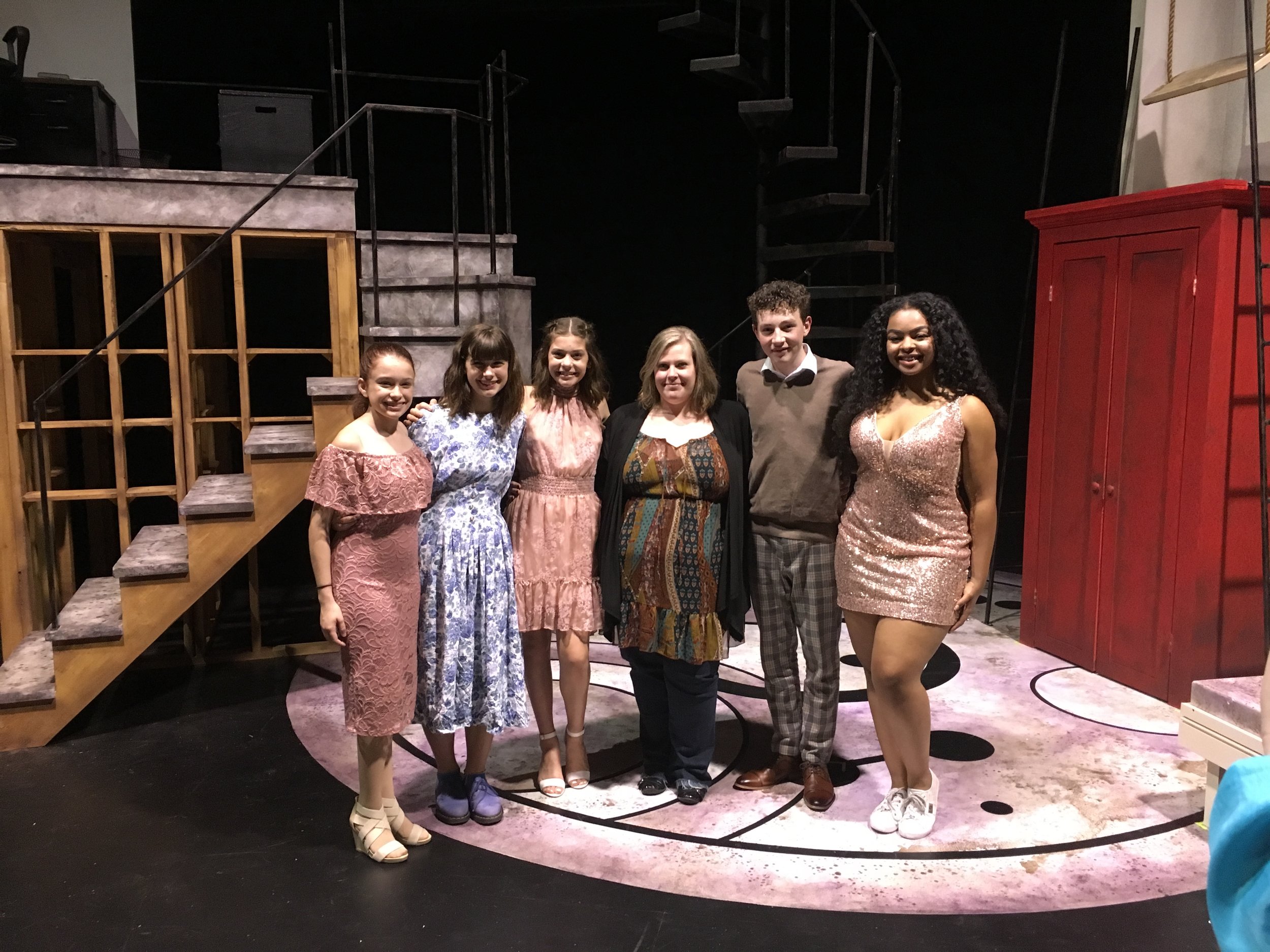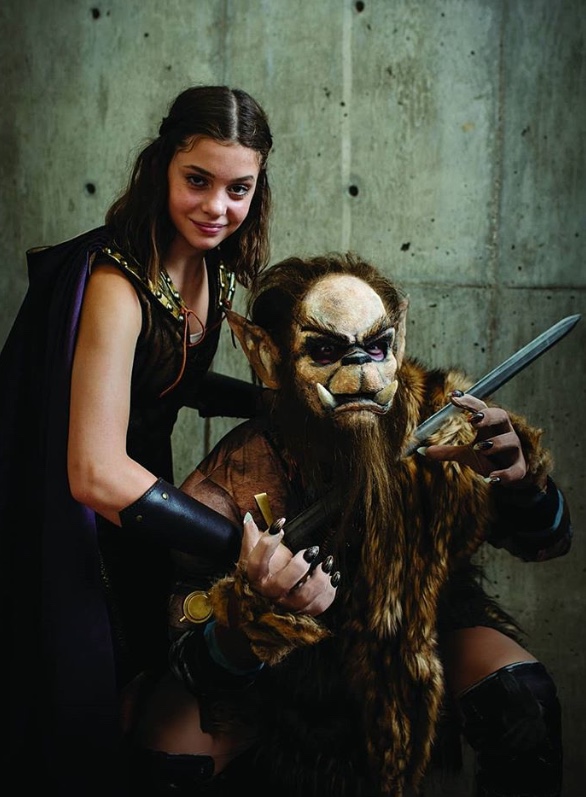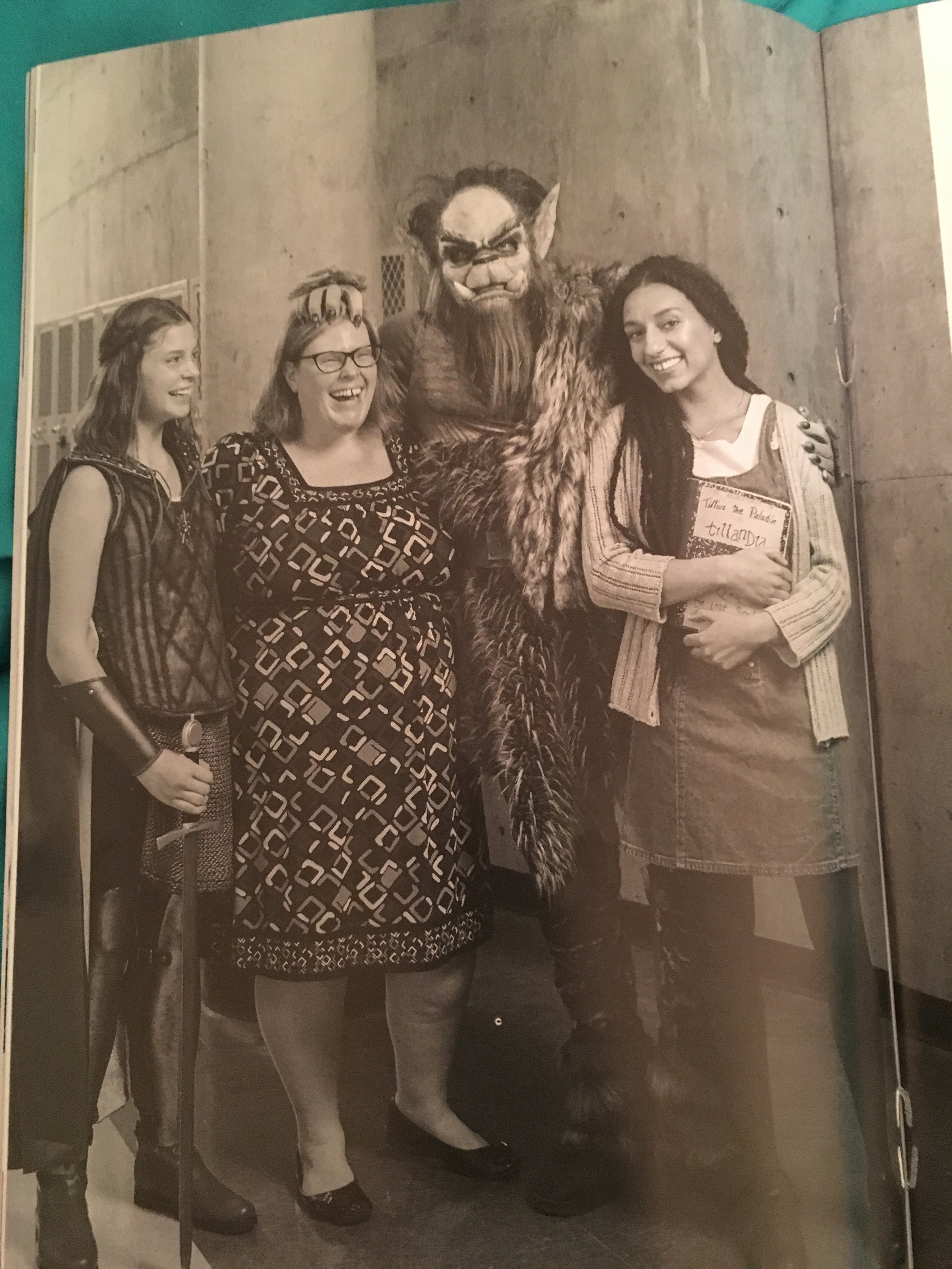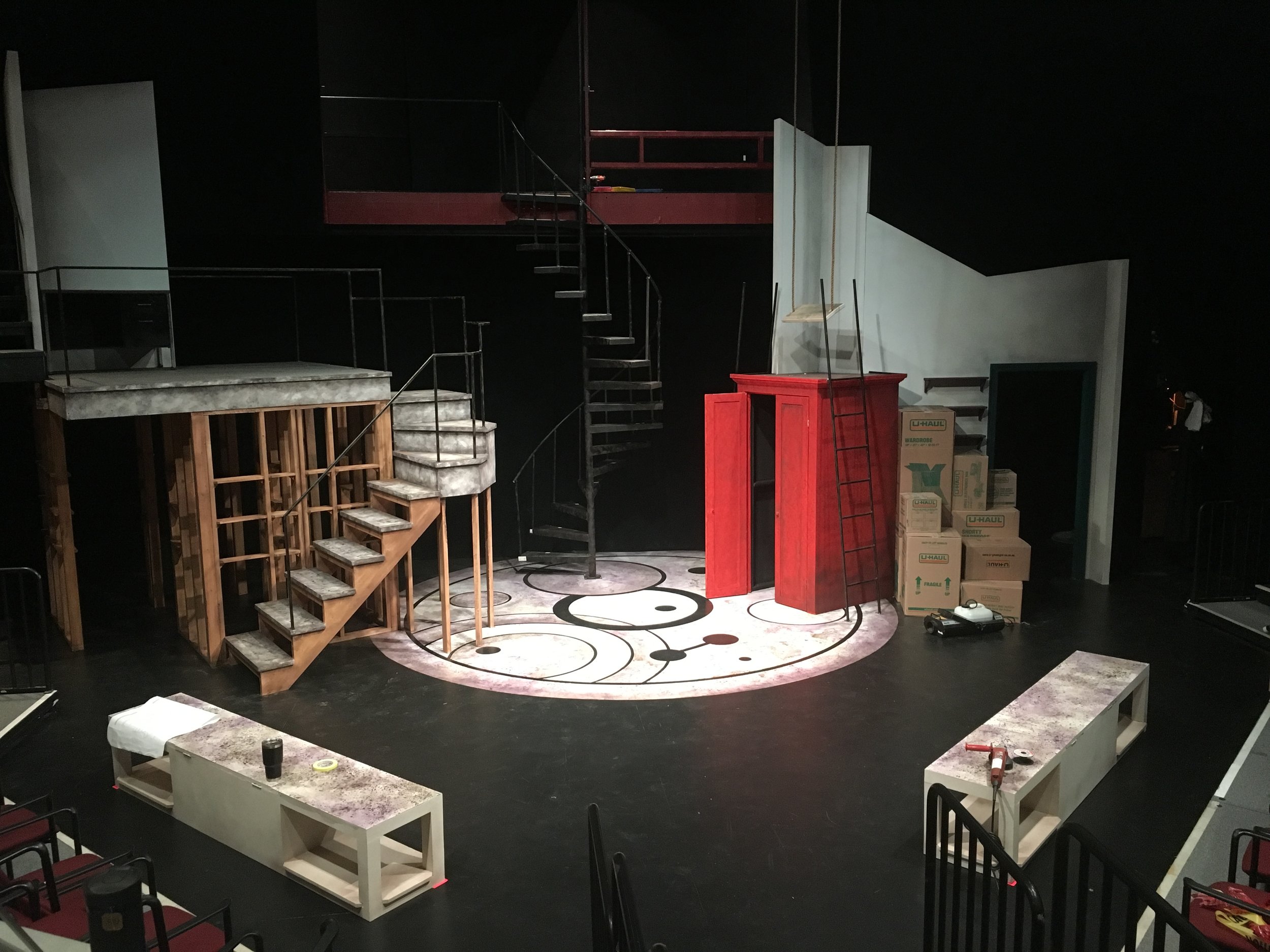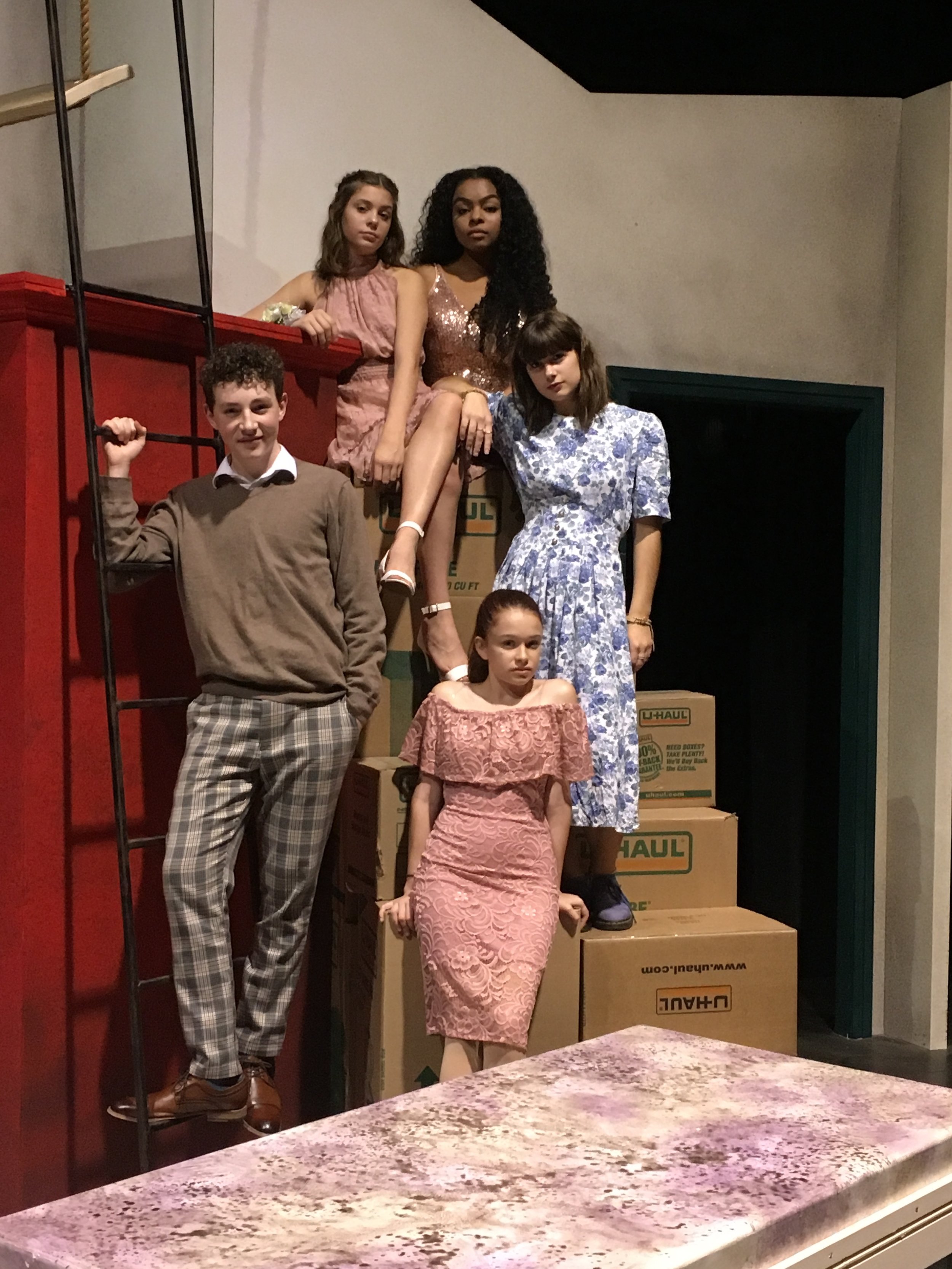Samantha Paradise, a candy-corn-binge-eating, giggling-at-poop-jokes, writer and filmmaker from the Philadelphia area focuses on strong, nontraditional female characters with her production company, FrankNBeans Films.
Their most recent film, Homewreckers (a short), is currently in post-production.
DIBS: Could you describe the Independent Filmmakers of or in Philadelphia. Is there a scene? Do local filmmakers hang out together?
SAM: The great hub of the Philadelphia film scene is our very supportive film office (film.org). This is where filmmakers, actors, crew all find each other and can also keep up to date on what’s going on (festivals, productions, etc). While our film scene may be smaller than NYC, the size really does allow for knowing one another. I’ve met some really great people!
All filmmakers are different, but I love hanging out with other film folks. Great people who help one another out.
DIBS: What’s harder: Getting started or being able to keep going?
SAM: I think most filmmakers would agree that keeping things moving is the biggest challenge. Making a movie is a lengthy process with various elements. It’s easy to want to quit if you’re knee deep in a part of the process that you don’t enjoy.
Lots of folks have great ideas and start the conversation about storyline, production, etc. However, it can be tough to weather through all the small projects that need to happen prior to shoot day (script planning, storyboarding, shot lists, casting, budgeting, etc).
DIBS: That is true, there is a lot of planning, staying organized and communicating efficiently that happens in filmmaking. The audience only sees the final product but don’t realize or know about the amount of work that actually goes into it, the behind the scenes.
How much do you think commerce affects your art? And how much do you have to compromise as a filmmaker because of financial restrictions or business?
SAM: I'd rather be an independent filmmaker with zero creative restrictions (although there are financial ones) than a fully funded Hollywood director who is only allowed to make what will sell. Like all independent artists, I have hurdles when it comes to finances. My biggest frustration is usually that I'd like to be able to pay the cast and crew what they truly deserve, but that just isn't feasible without funding.
A small, silver lining of having financial restrictions is the ability to flex a certain kind of creativity. It can be rewarding to figure out things like "how do I find a creepy house to shoot in for under $100? Can I make my house look a certain way? Can I shoot in something abandoned? Do I know anyone?" It's a fun challenge.
DIBS: I would have to agree with you, I think there is a sense of resourcefulness or critical thinking that comes out when you have to work with what you got and or can afford. You expand your brain a bit, stretch it out and find solutions in places you might never have known until you were limited. You had to find another way to get what you were looking for and every once in a while, in most case when you do, you find a better solution.
What is the one mistake most filmmakers make, regardless of experience?
SAM: You can never plan enough! We started pre-production on Homewreckers over a year ago, and despite my OCD databases and a phenomenal Assistant Director (such a blessing!), we still ran into some serious snags. Two production assistants canceled on the day of a shoot, a script supervisor ducked out the day before and the weather created a last minute schedule change.
Back up plans are a must.
DIBS: Do you think there are few women in filmmaking and, if so, why?
SAM: There are plenty of women in filmmaking, but very few of them end up directing (or in positions where they're calling the shots, like the Dir. of Photography). I love this question. In fact, I've answered it so often that I wrote an article about it (Unicorns with Baseball Hats: The Mythological Female Filmmaker).
It always baffles me that I've seen male directors be completely unorganized on set, but the crew will only label them as being "eccentric" or "just really artsy." Any female director who has a rough shoot is "emotional" or a total mess.
Unfortunately, I've had male crew members direct over me every shoot because they don't trust me to handle the actors. Those are the moments I personally want to quit and fade into the background. I think this is why there's so many women in the "background" jobs (screenwriting, editing, makeup, etc.)
DIBS: What do you mean by “can’t handle the actors” is there a way to “handle the actors?”
SAM: Ahh, I suppose I should clarify. Direct them. The main job of the director is to focus on the actors to ensure they’re delivering the story & character correctly.
I’ve always been a fan of “not overdirecting.” I don’t direct just to hear my own voice, so if an actor is nailing it, let them keep going! Talented people don’t need to be micromanaged or you’ll kill their spirit.
I think this silence is when others may try and jump in. Almost as if they’re concerned I forgot to direct. That’s silly.
DIBS: Do you think any story can be told in a film? Is there a certain element of the storytelling that film does better?
SAM: I think the best films are the ones that were specifically written for film. Filmmakers focus on imagery and we want to tell you a story with colors, costumes, special effects and lighting we see in our heads.
Sure, some books adapt nicely. But writers are gifted at weaving together words and you miss their magic by adapting it into a movie.
DIBS: Does this Homewreckers say something about the world that we live in? and how or why.
SAM: I'm hope it does. Although Homewreckers is short and fairly "light" in terms of content, I'd love to start a dialogue about the modern workplace. It's very broken.
DIBS: So does art imitate life or does life imitate art?
SAM: I feel like I need to drink a nice whisky or smoke a cigar before answering this.
Don’t want to give away too much, so lets just say I hope no one experiences (or imitates) a Homewreckers scenario in real life.
DIBS: So often we hear about the lack of original stories. That we’ve all “seen it before.” How do you stay fresh in the face of an idea like that? Or do you think its okay to tell a story that might have already been told but in a different setting or perspective?
SAM: There is a ton of original content out there. Unfortunately, main stream media only funds movies that are remakes or based on superheroes.
DIBS: Is it okay to produce stuff that isn’t that good? Or at the time might have been unexperienced.
SAM: Absolutely. No ones first film is going to be great. The important part is finishing the movie. You’ll learn from the process and be able to make a better one next time.
DIBS: Does how much money a film make, defines its success?
Success to me is if I made someone (even if it was just one person) feel something. Ideally the feeling of “Me too” or “I’m not alone.” My third flick, Conscious aimed for this and when anyone told me that movie helped them or impacted them, it was priceless.
Homewreckers is targeting anyone in the working world. If you’ve ever felt like “shit, this isn’t fair” at work. Well, this one is for you.
...did I mention my day job is in Human Resources?
DIBS: What does independent filmmaking bring to a local community?
SAM: New perspective, fresh ideas. We live in an era of unlimited access to entertainment, so if you’re bored with the mainstream, this would solve that problem.
Image by Cristina Byrne






